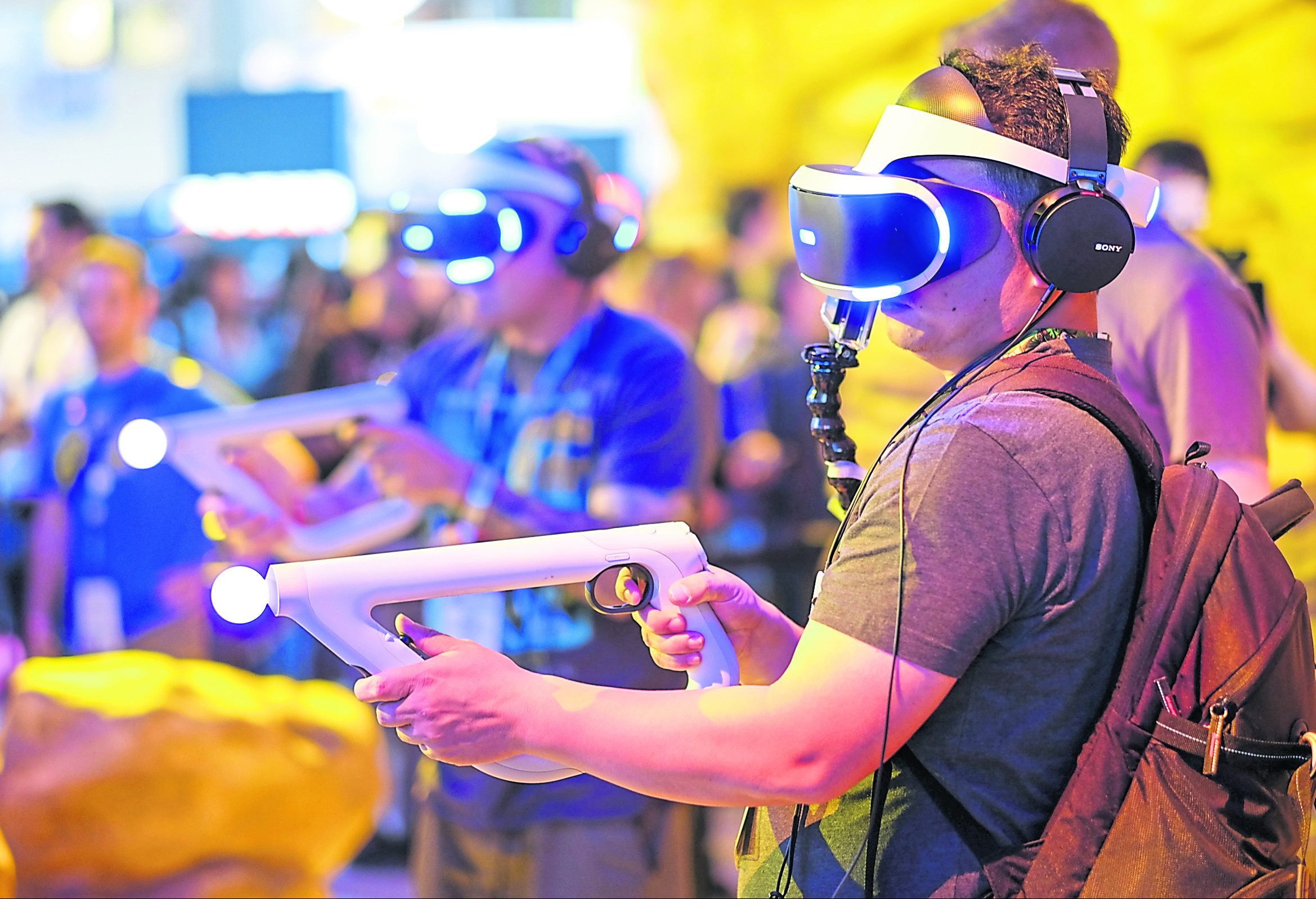The Xbox versus Play Station war has been boring us for almost three years now, and we are still waiting for a triumphant winner to emerge. We are yet to see a mind- blowing game to be created and change what we have been given over the last decade.
All we seem to be getting are reboots and sequels to beloved titles which have been around for years. Though the quality and playability of these games are often great, these titles have left gamers hungry for something new and different. Last year’s line-up of best games offered amazing choices, but when you review the lists you get the same qualities and names you have already seen countless times.
Look at Witcher 3, Grand Theft Auto 5, Metal Gear Solid 5, and Fallout 4, and they are all open world sequels. Then take a look at the most anticipated games of 2016’s holiday season and you will get Final Fantasy 15, Battlefield 1, Call of Duty: Infinite Warfare, Dead Rising 4 and Gears of War 4. With the obvious repetition you get the sense that the market is catering to the same group of individuals, and it is not about to change the pattern of games any time soon.
According to Pixwoo, a gaming social app, the average gamer in the UK is aged 35, and it easily proofs that the market was made for them. They are offering pricy games that are great for people with short attention spans. A 35-year-old would easily pick up short missions without requiring much brainpower, and given that these individuals grew up being gamers, they are still getting on-going series from their childhood.
It just needs more diversity and experimentation, but the game creating companies are choosing financial security over a whole generation of possible loyal customers. Take Valve, the video game company that created Portal and Half Life, some of the best and most unique games to ever be created. However, their energy is seemingly focused on their online distributor, Steam. They are making millions by giving deals on old games online, and their newest gimmick is a console.
This brings us on to the fact that companies are fixated on getting out new technology, but with no games to go alongside them. Everyone is fighting to perfect virtual reality gear now, and with competitive early releases you get a whole new set of problems.
Sony released its VR headset in October, with a price that almost matches a new console. Sony promised to offer enough games by the end of the year, and so far there are only an unworthy few. It will take a few years for the technology to fully work and become affordable, but until then what do we get?
Pokémon Go has shown us that it takes simple concepts to win over crowds. We do not need ridiculous graphics and over the top gameplays. We just want something original, practical, and challenging. After all, Tetris is still one of the best-selling games since it was released in 1984. And it does not even have Zombies in it.

